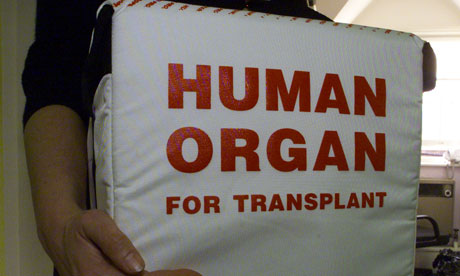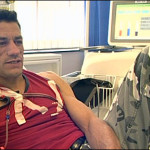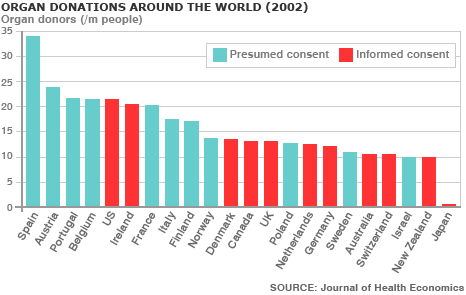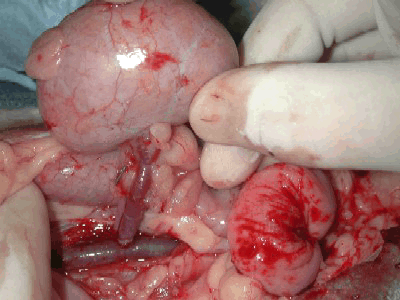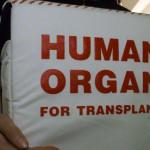This week begins a new chapter in the ongoing saga of organ donation with the Welsh Assembly passing a bill to change the emphasis of donation to a system of “presumed consent” to replace “informed consent”. In short, rather than an opt-in there will be an opt-out, albeit with layers of protection that allow the person and their family opportunities to back out.
The reason for the change is simple: not enough donor organs are in the system to meet the demand for transplant patients to be given life-changing surgery. It is said that one patient dies needlessly every day for want of a compatible transplant organ. Worse than that, even if you carry an organ donor card, your relatives may decide to counteract that instruction and deny surgeons the right to recycle your organs.
I make no apology for being wholly in favour of this change, and wish it could apply to the UK as a whole. To me this is a simple equation: anything which enables lives to be saved has to be good. When we are dead we don’t need our organs, and giving them to other people preserves our usefulness.
Opponents seem to fall into two camps: the religious lobby who believe a body should be buried or cremated “whole” – which I understand to be something to do with their beliefs about the soul ascending to heaven; and people claiming to be libertarians, who have no problem with organ donations, only that donations should be free for the individual to choose and that the state should not “steal” organs that are rightfully theirs to be disposed as they see fit. Of course, they can still opt out even under presumed consent (henceforth PC), and it’s certainly not like “the state” in the form of the NHS would be harvesting organs for it’s own nefarious purposes, so what would be the problem?
One argument I heard quoted was that the medical profession would under PC be more likely to hasten patients to an early exit in order to harvest said organs. But if you carry an organ donor card now that is no different and the only scenario under which people are helped to die under British law is through the so-called Liverpool Care Pathway for the terminally ill.
As a proponent of assisted suicide, I see no problem if the medical profession does do this, so long as it is done with the full knowledge and consent of patients and their relatives, and equally if I were heading for death and someone needed my organs without delay I would be quite happy for my demise to be foreshortened to benefit a younger person – though to many that scenario still seems to be a total anathema. For the benefit of opponents, I and others are denied the right to choose. Whose life is it anyway?
It is not as if the medical profession would forget their hippocratic oath in order to harvest organs, but when the possibility exists they would not be doing their duty if they did not bring to the attention of relatives that a kidney or liver or heart or eye or other organ could not help another patient, and relatives should in the same way, in spite of their loss, think of the greater good and leaving a positive legacy from their relative’s life.
But forget the legal and ethical issues: no matter who you are, it would be selfish and morally bankrupt if you are in possession of fit and healthy organs that can help another person to improved quality of life to deny them that possibility. On a practical level, we have a moral duty to help other people, and by having our organs taken whether or not we have actively chosen such a course is an act of humanity and good citizenship.
My message to any doctor overseeing my demise is simple: ignore anything my nearest and dearest might say – take anything and recycle it!

